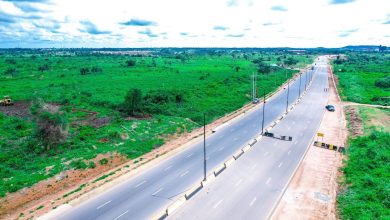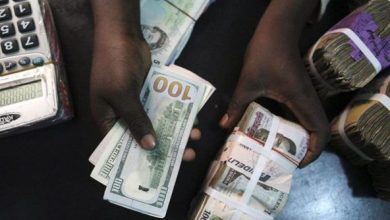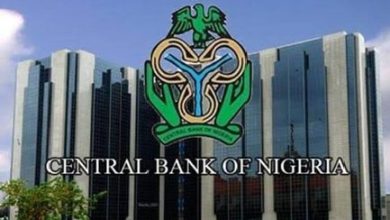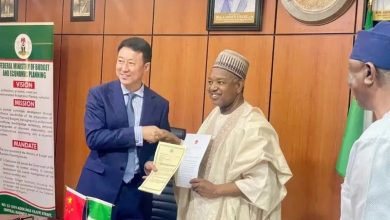Nigeria Becomes Full Member of Asian Infrastructure Investment Bank
Nigeria is now a full member of the Asian Infrastructure Investment Bank, opening fresh funding doors.
The move aims to boost infrastructure, with $5 million already committed to support national projects.
Nigeria has officially joined the Asian Infrastructure Investment Bank (AIIB) as a full member, marking a significant milestone in its efforts to attract more infrastructure financing and accelerate economic development.
The announcement followed the country’s fulfilment of all legal, administrative, and financial requirements necessary for membership. The Federal Executive Council (FEC) approved the final stages of Nigeria’s accession, with Finance Minister and Coordinating Minister of the Economy, Wale Edun, confirming the development during the council’s recent meeting in Abuja.
Edun described the move as a strategic step toward unlocking additional funding opportunities for critical infrastructure initiatives nationwide. “We’ve concluded that process now, and we are fully-fledged members of the Asian Infrastructure Investment Bank, which is set up to promote infrastructure development and sustained economic growth in all its members,” he said.
As part of its entry commitment, Nigeria has subscribed to 50 shares in the bank, valued at $100,000 each, totaling $5 million.
Though headquartered in Asia, the AIIB extends membership to non-Asian nations with a strong interest in infrastructure development. Nigeria first received an invitation to join in 2021, and with this new status, it gains access to the bank’s pool of resources to finance major projects, including roads, energy, transport, and water, that support long-term growth.
Speaking further, Edun highlighted how recent engagements with global financial institutions, particularly during the World Bank/IMF Spring Meetings in Washington, D.C., have shown increased confidence in Nigeria’s economic direction under the current administration. He cited the IMF Article IV Consultation, which commended Nigeria’s macroeconomic reforms and the resulting stability despite global financial pressures.
“It is the resilience created by the macroeconomic reforms that stabilized the economy and allowed us to cope with the recent introduction of reciprocal tariffs in America and the turbulence that caused,” he stated.
Nigeria’s entry into the AIIB is expected to complement other international development financing it already receives. According to reports, the World Bank’s International Development Association (IDA) has played a crucial role in funding poverty reduction and infrastructure projects in Africa, with Nigeria being one of its key beneficiaries. Of the $287 billion disbursed globally by the IDA since 1960, African countries have received approximately $210 billion or 73% while East Asia follows with $41.8 billion, representing 14.5%.



